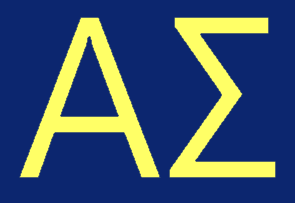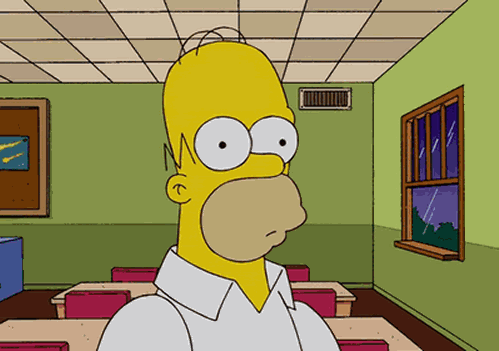Newcomb's paradox has appeared in various guises, but I'm going to present my favourite formulation of it.
You are going to be making a decision in a game. Imagine that there is a super computer which is really good at predicting which way humans are going to decide. It reads electrical signals in your brain and researches everything you have ever done to come to its conclusion, and so far it has never made a wrong prediction about any of the humans that it has tried.
In the game there are two boxes:
Box A is made from glass and you can see through it, Box B is made out of wood and you cannot.
When you start the game you walk into a room and find two boxes. You may either take the contents of just Box B or you may take the contents of Both Boxes. Box A always has £1,000 in it. Box B has either a million pounds or nothing depending on what the computer thinks you are going to do. If it thinks you are going to take just Box B then the computer will have filled it with the full million. However if it thinks you will be greedy and try for both boxes then it will put nothing in Box B.
The catch here is that the computer makes its prediction on what it thinks you will decide and fills Box B as appropriate a week before you play the game.
So what should you choose? Let's look at it one way: if the computer has always made the correct prediction in the past that means tat everyone that picked Box B received £1,000,000 and everyone that picked both received £1,000. From this logic Box B looks like a much better option.
But say you are in the room facing the Boxes. Since they have already been filled there are two cases. Let's look at a table of possibilities:
If there is nothing in Box B then you get more by picking Both. On the other hand, if there is £1,000,000 in Box B then you also get more by picking Both. So we should pick Both right?
We've now entered paradox territory where two well reasoned arguments have come to opposite conclusions.
Let's try to look at the first argument's response to the second's. Surely the table above is misrepresenting the situation? The choice isn't between four options, it is between two:.everyone either gets £1,000 or £1,000,000. Why are you the exception to this rule? Surely by even considering the other argument you are forcing the computer's hand into putting £0 in the box?
But, again, consider a situation where the backs of both boxes are made out of glass and your friend is standing behind them. If your friend would be able to see £0 in Box B then they would urge you to take Both. But if they could see £1,000,000 they would also urge you to take Both.
My favourite quote on Newcomb's paradox comes from the 1969 article by the philosopher Robert Nozick which popularised the concept: "To almost everyone, it is perfectly clear and obvious what should be done. The difficulty is that these people seem to divide almost evenly on the problem, with large numbers thinking that the opposing half is just being silly."






